Contemporary awareness networks: Entry into the era of the contact experience
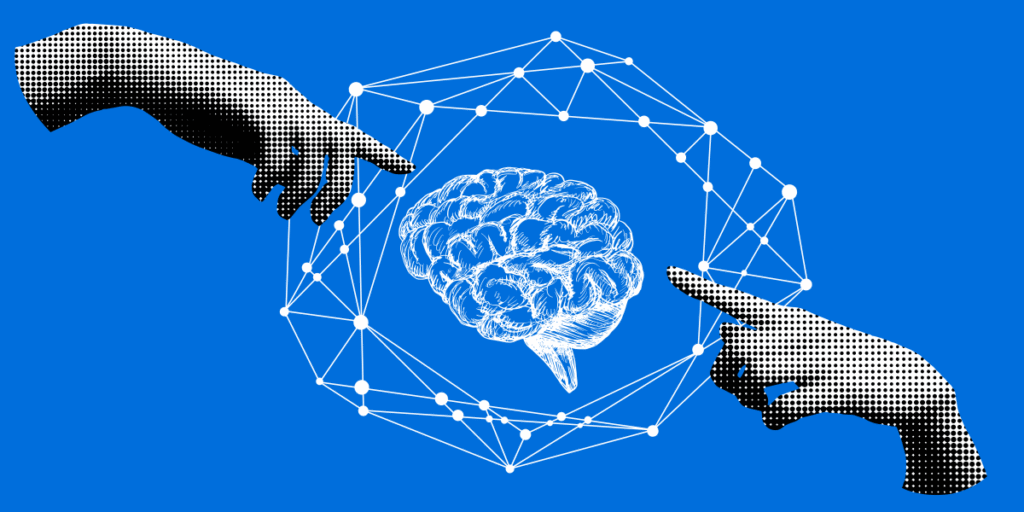
Imagine that you reach a hotel after a long trip, and something great talks: Nothing. Your car connected to remote measurement data has installed and downloaded it on the hotel’s Wi-Fi network. The medical surveillance device has maintained its safe contact smoothly with your health care provider. The laptop and the phone immediately connected the […]
Design high -performance networks with optical fiber cables

Summary: Discover how system integration builds developmentable networks and ready in the future using Optical fiber Solutions. This blog explores practical considerations and needs of modern industry and technologies Full optical fiber cable and Narrow stored optical fiber cable. Ideal for professionals in the broadcasting, health care, companies and security sectors. Did you know that […]
Why Cat6a patch cables are ideal for high-speed networks
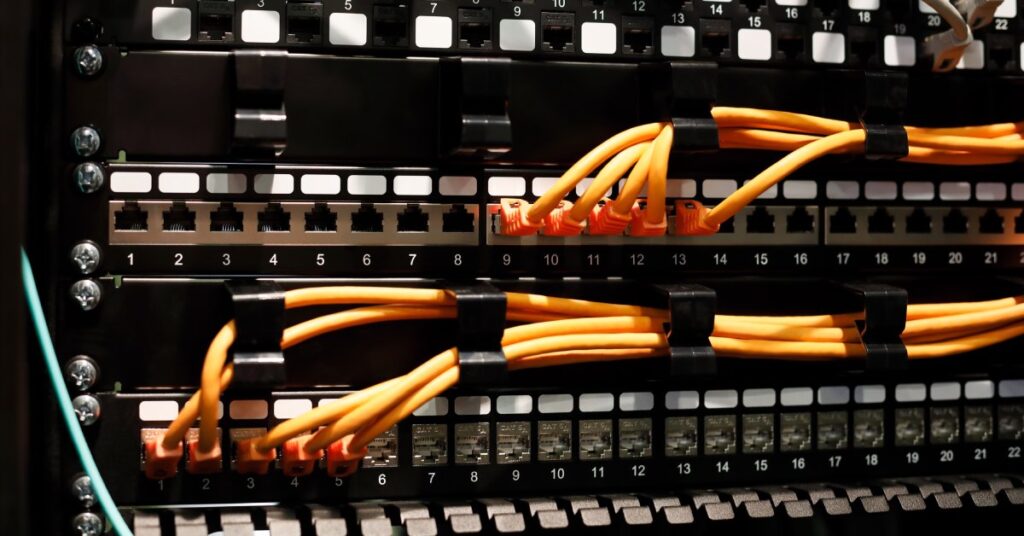
When it comes to building a reliable and efficient high-speed network, choosing the right cabling is a critical decision. Fortunately, Cat6a cables offer unparalleled features that meet the demands of modern networking environments, ensuring seamless data flow and a robust infrastructure. Keep reading to learn why Cat6a patch cables are ideal for high-speed networks. What […]
The Mesh Web: Navigating the Security and Privacy Risks of Overlay Networks

Residential proxies and decentralized physical infrastructure networks (DePINs) are technologies that enable end users to participate in semi-anonymous connections similar in function to virtual private networks (VPNs) by essentially sharing their broadband connection with anonymous external users. These types of networks are not new, but they are becoming more popular, easier to set up (sometimes […]
Building resilient and adaptable networks: The evolution of the network platform
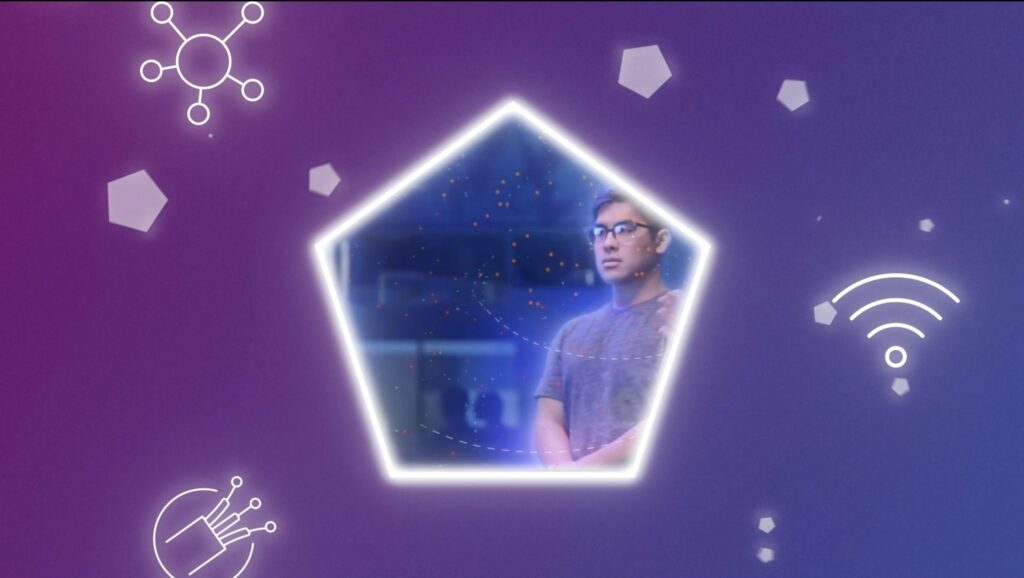
The Internet has become an integral part of most people’s daily experience. From business meetings to school projects to entertainment, consumers need reliable and flexible networking solutions that can support the demands of today’s digital experience. Network platform evolution involves expanding network capabilities while maintaining cost effectiveness. Innovations in core technologies such as DOCSIS, CPON, […]
Protecting users with intelligent, resilient networks: pervasive intelligence, security, and privacy
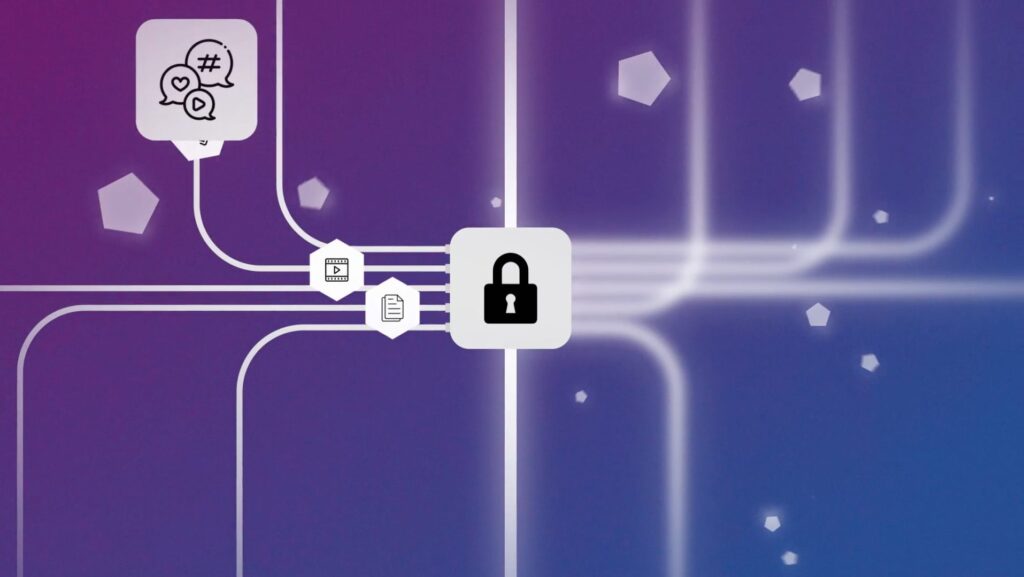
The smart networks of the future will be characterized by their ability to adapt to the ever-changing needs of businesses and consumers. Powered by advanced network telemetry and automation, these networks will be highly visible and resilient, able to withstand disruptions and attacks without compromising performance. Achieving the goal of pervasive intelligence, security and privacy […]
CAMARA and CableLabs: Transforming networks with open source API solutions
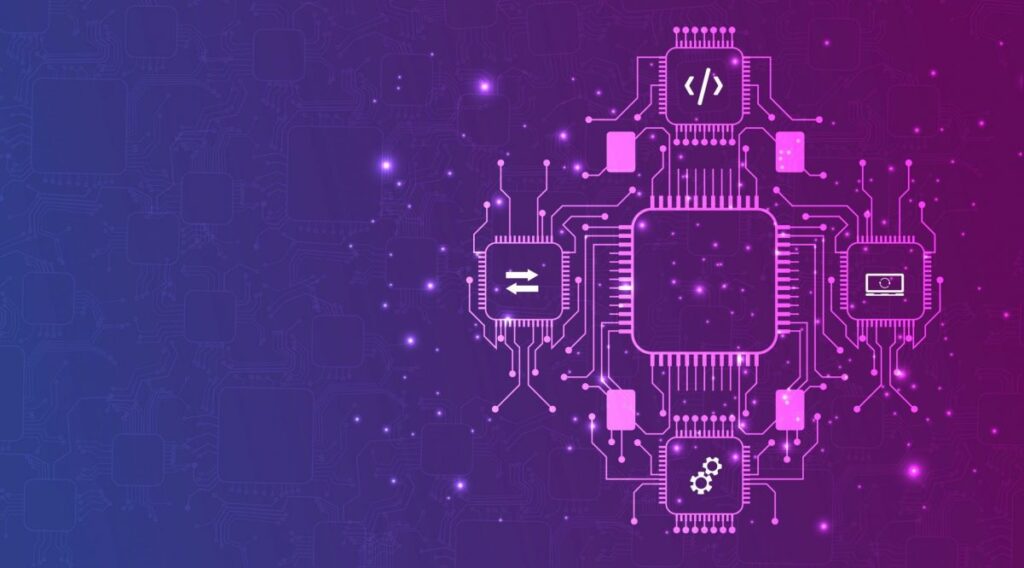
CableLabs is at the forefront of broadband innovation. One new area where this is particularly true is our work on developing Network APIs as a Service (NaaS). As part of this initiative, CableLabs is actively contributing to CAMARA, an open source project hosted by the Linux Foundation. All of CableLabs’ contributions to CAMARA are part […]
Run faster, more reliable networks – FEDUS
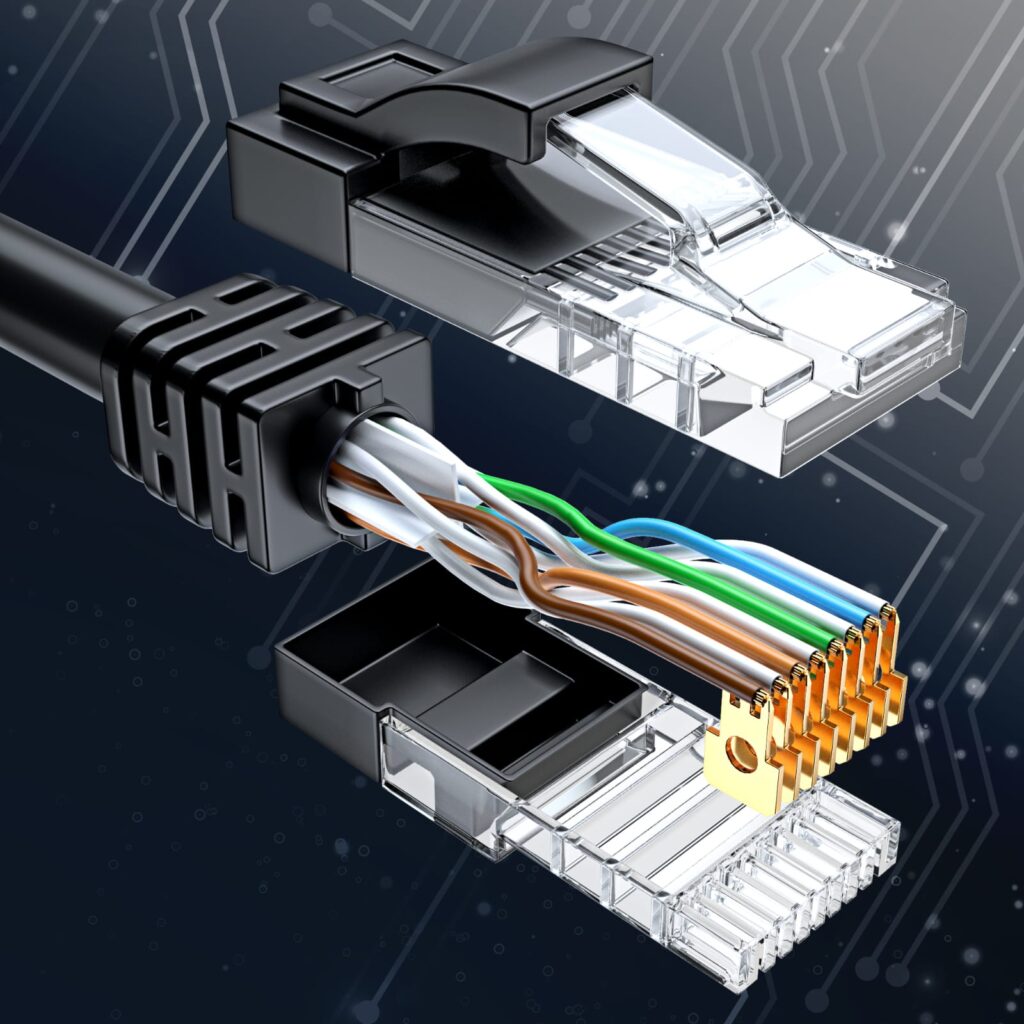
introduction The desire to create more reliable and faster networks is growing in a rapidly changing technological environment. Whether it’s a home office or a corporate data center, an architecture that allows for connectivity has the highest priority. An important part of this system is the Ethernet cable, i.e. Category 6 (Cat6) cabling. These cables […]
Simulating Fiber Optic Networks for Success in Quantum Computing
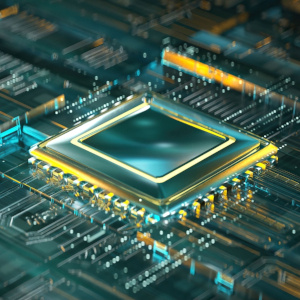
Besides artificial intelligence (AI), which is a very popular topic of discussion right now, Quantitative statistics Quantum computing is a rapidly growing field of technology that represents a revolutionary leap in computing technology. Unlike conventional computing, which uses bits to represent data as 0 or 1, quantum computing systems leverage the principles of quantum mechanics […]
